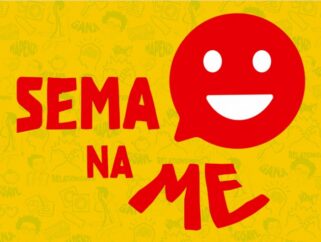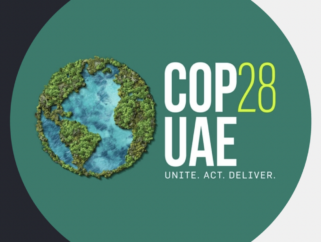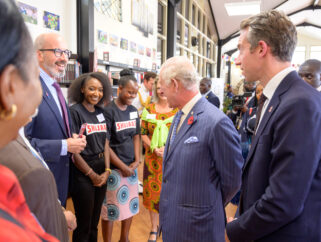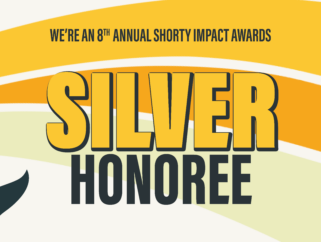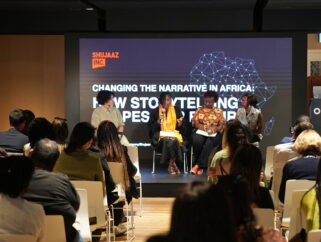GUEST POST: Piecing Together the Big Data Puzzle [ARCHIVE]
- 14 Jan 2016
*** Guest Post ***
I’m a researcher working for Africa’s Voices Foundation (AVF) – a non-profit start-up emerging from the University of Cambridge. We use mobile technology and interactive media to help organisations understand, engage with, and respond to target audiences. Since last year, AVF have been working closely with Well Told Story (WTS), based in Nairobi, to help them make sense of the extraordinary amount of communication they receive from their fans.
I have been interacting with the Social Media Team and Knowledge & Learning team to gain a deeper understanding of their activities and methods of evaluation. The aim was to identify areas where AVF and WTS can come together and collaborate more closely to make bigger leaps forward in: analysis and insights; tracking how digital discourse translates into actual behaviour; and ways of understanding the mass of digital data that WTS generates so that they can be more responsive to their audience.
During my first month here, I have been welcomed into a wonderful and diverse unit. Prior to this, my first stint in Nairobi, I had never been fully immersed in a foreign working experience – in a country where I didn’t know the local language and wasn’t there purely to see the sights for a couple of weeks.
WTS maintain themselves much like a well-run family, where everyone touches base often. Beyond individual group meetings, the entire WTS office comes together in update meetings once a week, and social presentations at Friday lunchtime. These meetings are designed to allow employees to share lessons, offer insights, and talk openly to each other. On Friday, everyone takes a step back to listen to one member of WTS talk about any non-work related topic they choose as a catalyst for casual conversation.
Currently, WTS are working on enhancing their relationship with audiences and expanding their brand using social media platforms. This produces substantial data that can be used to obtain valuable information about their fans’ interests, issues, and behaviour.
Big data is good, but knowing what to do with it is better. One of the biggest challenges WTS appears to be facing is how to scale up their interpretation of the vast amount of data generated and use the resulting insights in a timely manner. AVF aim to continue supporting WTS in distilling meaning from their data.
Interpreting the big data that WTS has isn’t easy because the data by itself doesn’t create meaning. We have to do that with human interpretation, an understanding of context, and good research methods. People are complex: they use jargon, slang, jokes, and metaphors, and these are always changing. Thus, the data – consisting of SMS messages and social media engagement – can be conversational, unstructured, and noisy. The data can become overwhelming, making it difficult to move beyond the current state and to create things that provoke positive social change. That’s why collaboration between WTS and AVF is so important: by collaborating with each other we can learn from each other, streamline our current practices, and come up with new ways of understanding and presenting the data.
Jeunese Payne is a researcher working for Africa’s Voices Foundation (AVF) – a non-profit start-up emerging from the University of Cambridge.
